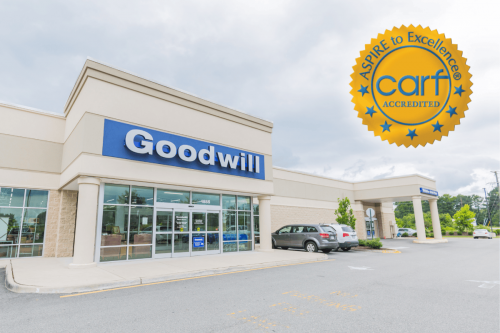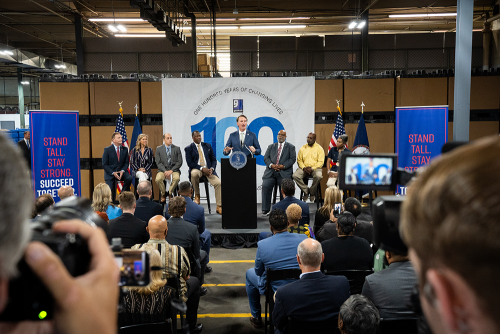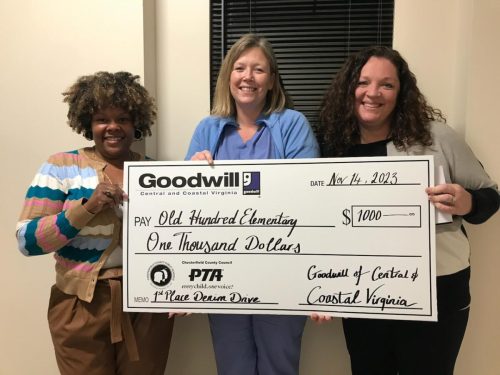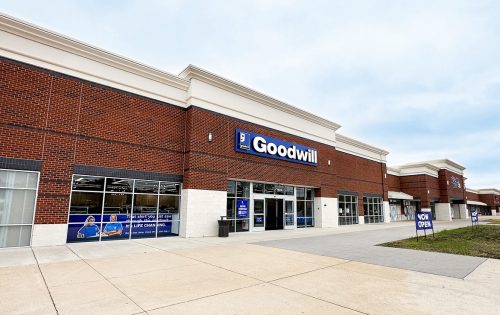Humble Beginnings
In 1902, Rev. Edgar J. Helms served a mission assignment in Boston’s South End, which was home to many unemployed immigrants who did not speak English. He was appalled by their living conditions and their desperation for food, clothing, shelter and work.
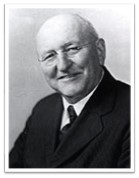
Helms’s brainchild entailed going door-to-door in wealthier neighborhoods to collect donations of clothing and household goods. His mission hired people to mend, repair and re-sell the goods, and paid them day wages.
This pioneering social enterprise concept was very different than traditional charities. Helms applied commerce and employment strategies to improve the social well-being of others, referring to it as “giving a hand up, not a hand out.”
With the help of Methodist Church funding, Helms helped establish independent Goodwill Industries organizations across the U.S. He also traveled the globe in the 1920s to share the Goodwill message while working on his book “Pioneering in Modern City Missions.”
In the 1930s and following World War I, Helms realized that Goodwill’s social enterprise was imperative to serving individuals with disabilities in need of rehabilitation and vocational services. Most Goodwills today continue to be rooted in serving those with disabilities, and they address other challenges such as lack of education, opportunities and language barriers.
 A Century In Virginia
A Century In Virginia
Locally, Goodwill began serving the Richmond community in 1923, and Hampton Roads in 1925. In 2006, the two Goodwills merged to form a single non-profit entity, Goodwill of Central and Coastal Virginia.
Combined, the 152 autonomous Goodwill organizations in North America form a $7 billion social enterprise built on human potential.


